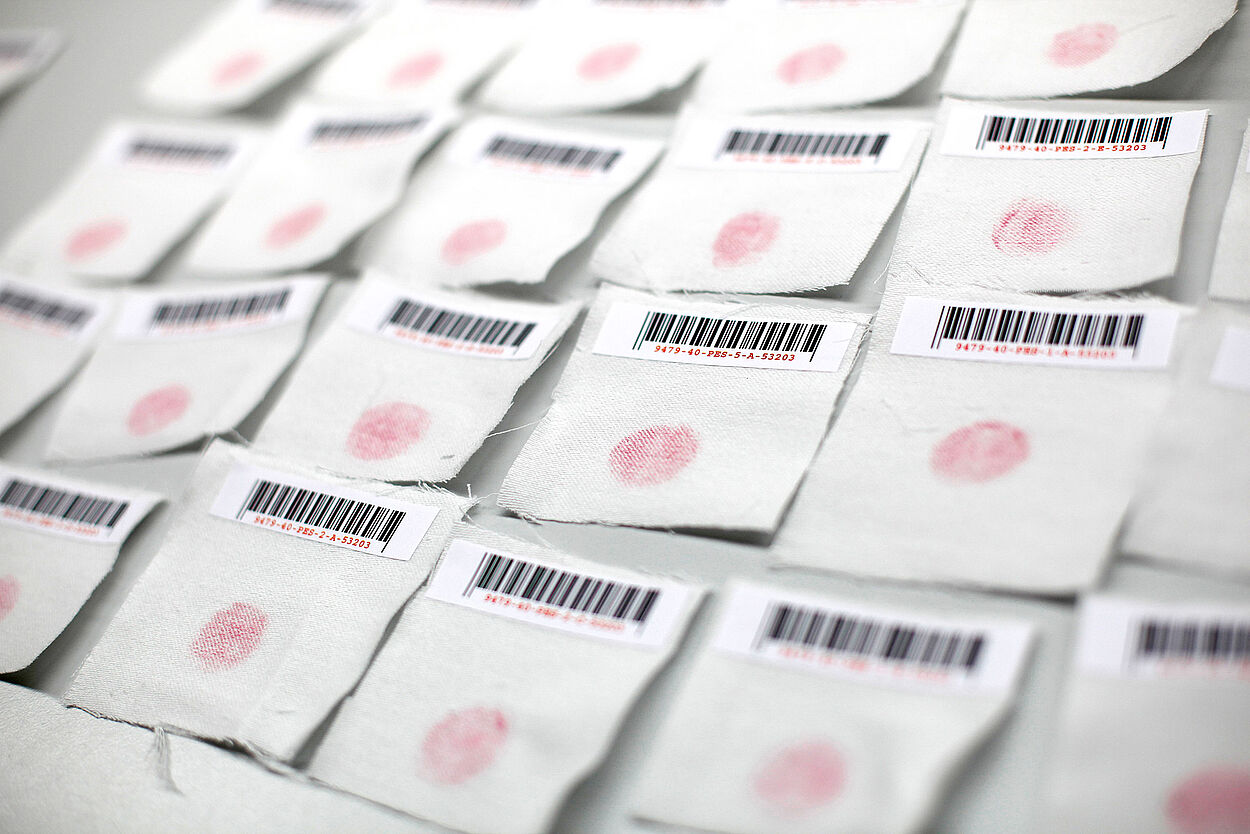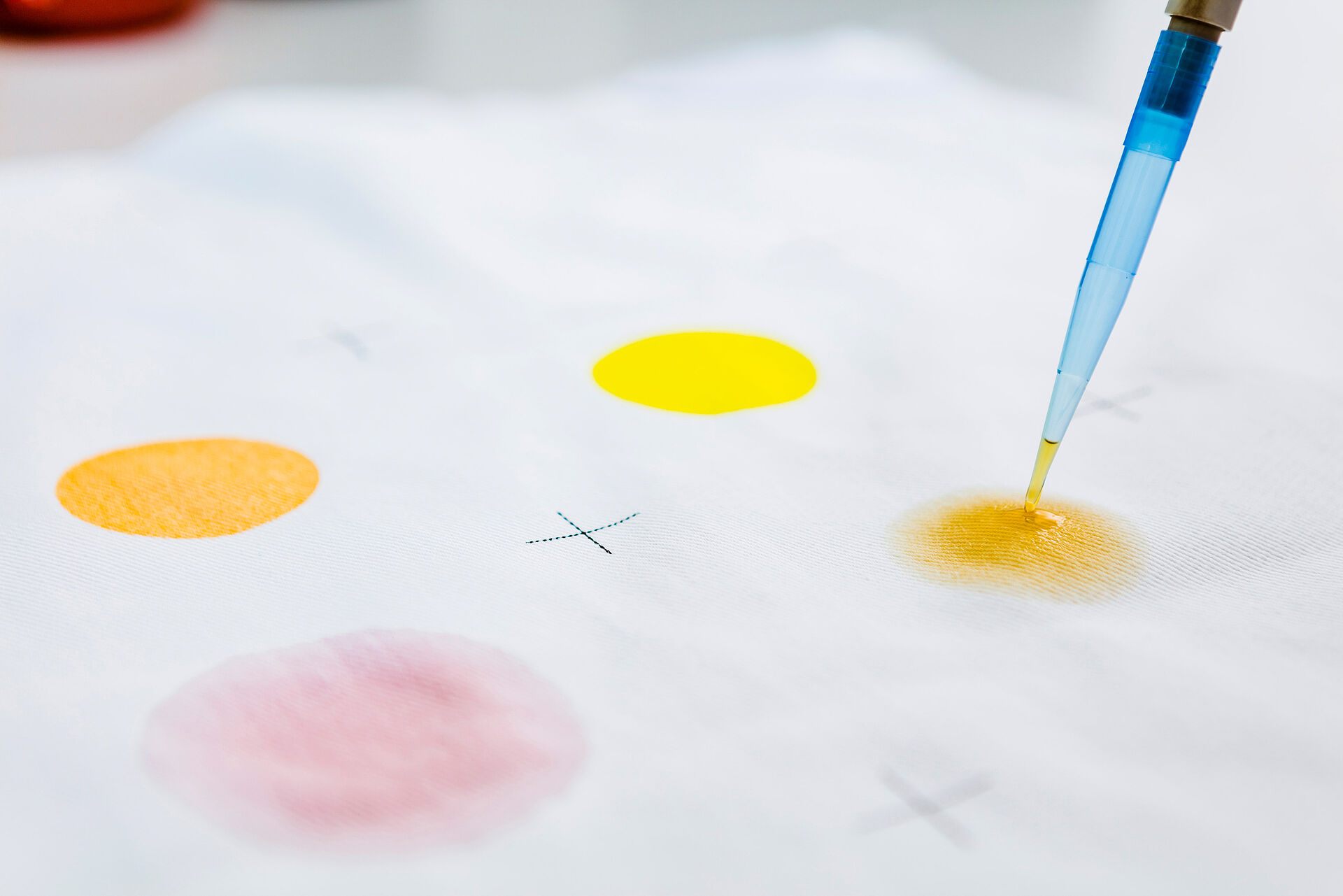Comparative product tests for greater market transparency.
If you want to establish the strengths and weaknesses of your product in direct competition with equivalent articles, the comparative product tests from Hohenstein can give you the required answers.
Our investigations of the most diverse quality-relevant parameters and consumer-relevant characteristics in the form of comparative tests give you both neutral proof of the quality of your product for your customers as well as an internal quality control for your company.
Our tests give you information about possible development potentials and clearly highlight qualitative further developments. We test your products in direct comparison with articles from your competitors or with new developments or successor products to existing articles. In doing this, official standards, e.g. DIN [German Institute for Standardisation], are used as are internal test methods.
In comparison, we have a lot of experience.
Since as early as the 1950s we at Hohenstein have conducted comparative product tests on behalf of producers, retailers and consumer organisations.
For the comparison of cleaners for hard surfaces, detergents and washing agents, washing machines and dryers (white goods) as well as other household appliances, we use a system which is unique in the world and which gives results that are particularly practical and reliable.
In the case of cleaning products for hard surfaces and also detergents and washing agents, we also conduct standardised test procedures, such as the EU Eco Label, IKW recommendations and A.I.S.E., which enable you to assess the stain removal capability and, in some cases, also the colour protection of your products.
We have also developed test scenarios for textile-related consumer articles such as paper tissues, kitchen paper, lint rollers, school bags, gloves, etc. which realistically reproduce usage conditions. You too can benefit from our wealth of experience or let us develop a new test plan that is individually tailored to suit your requirements. And this is especially true for “traditional” comparative product tests on textiles such as soft-shell jackets, men’s shirts, denim products, bedding and much more.

